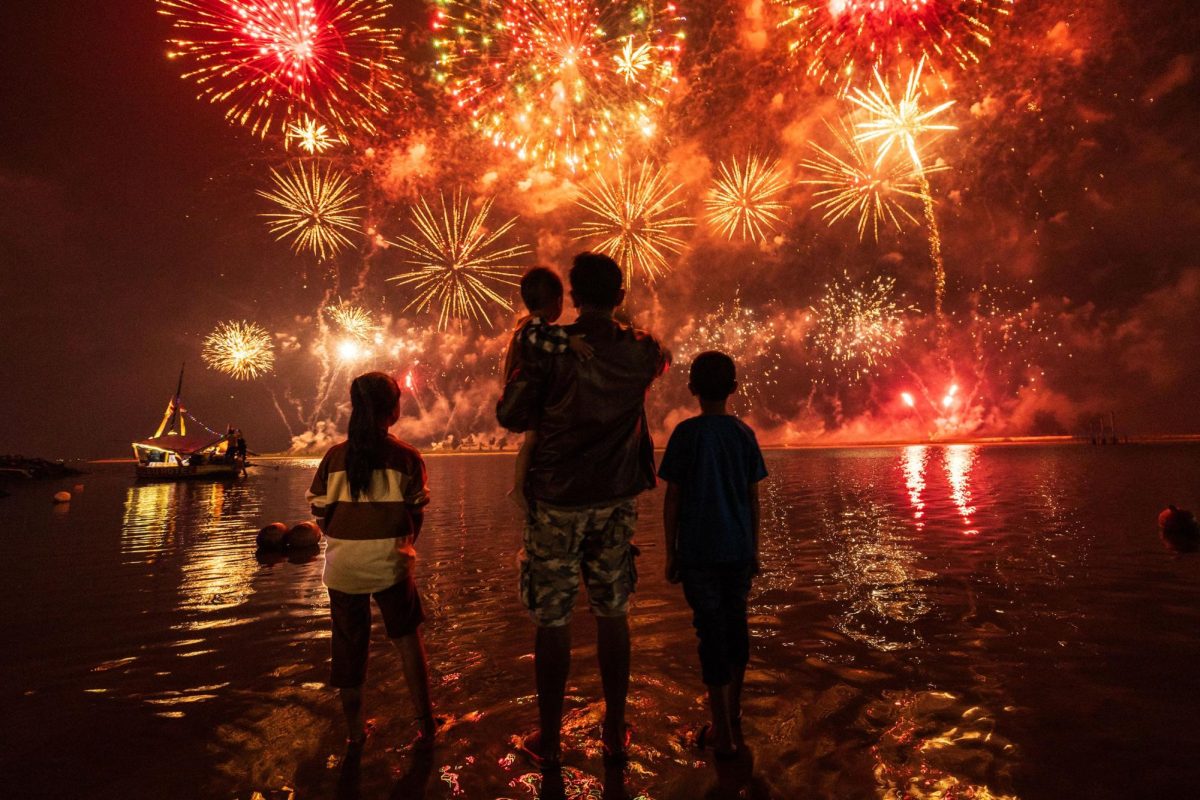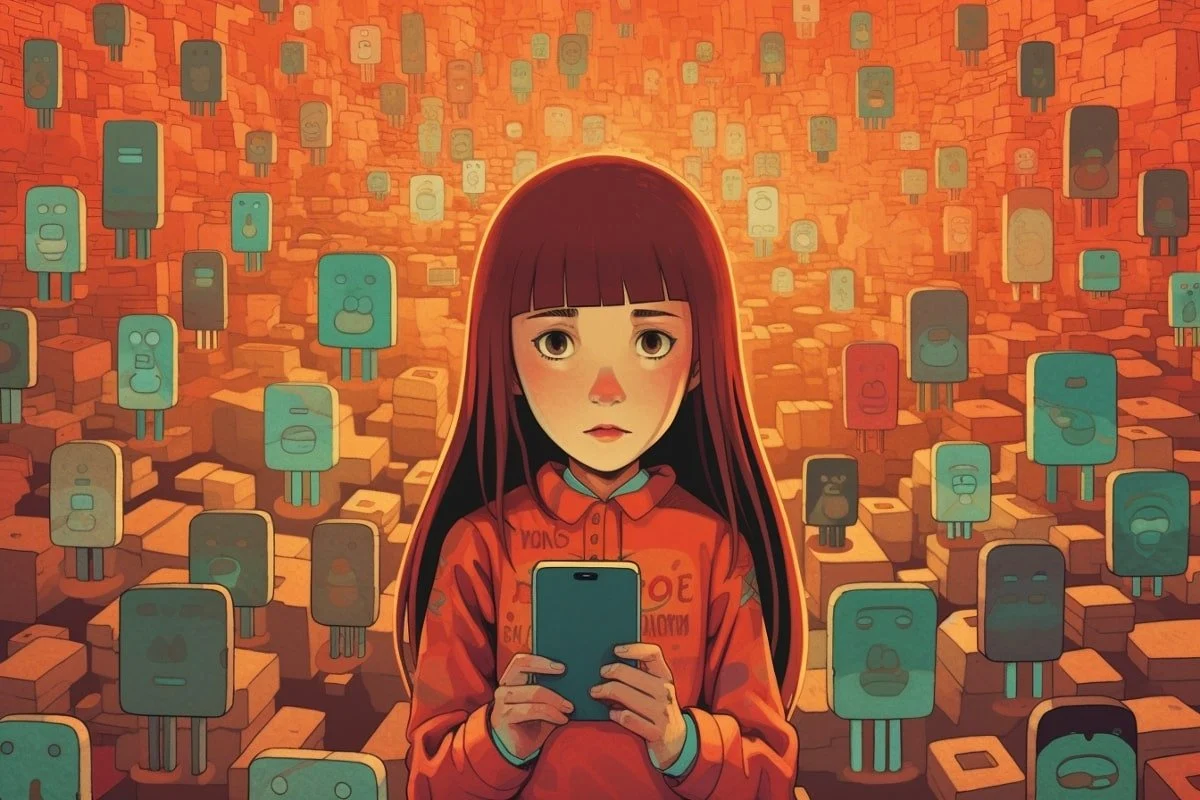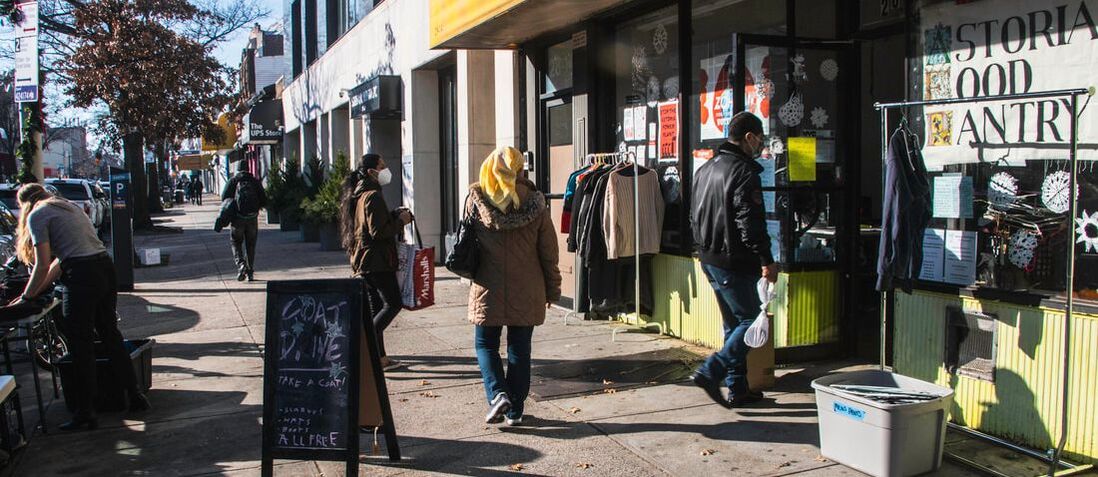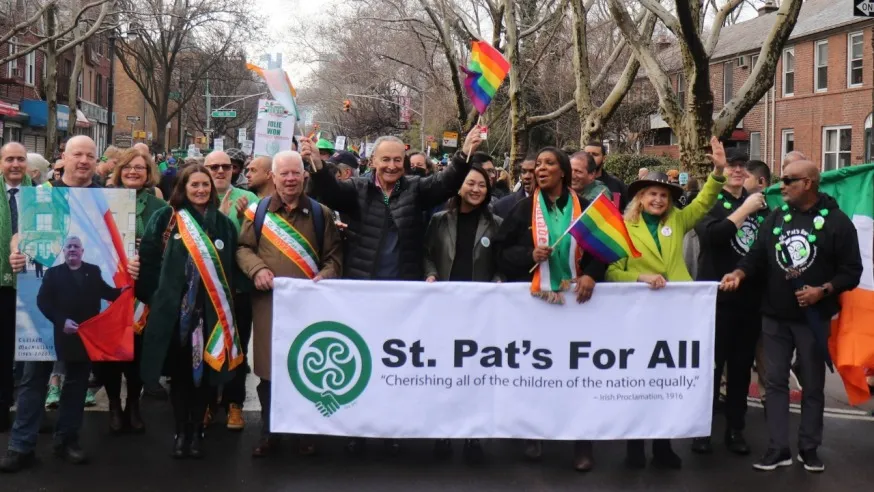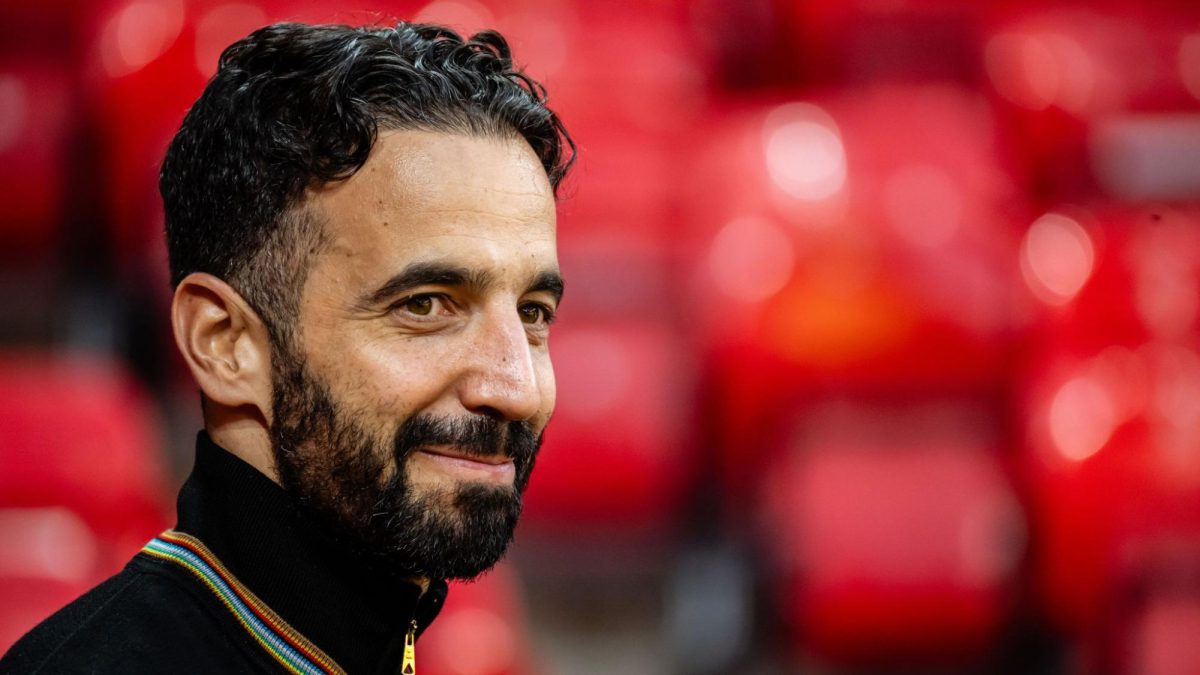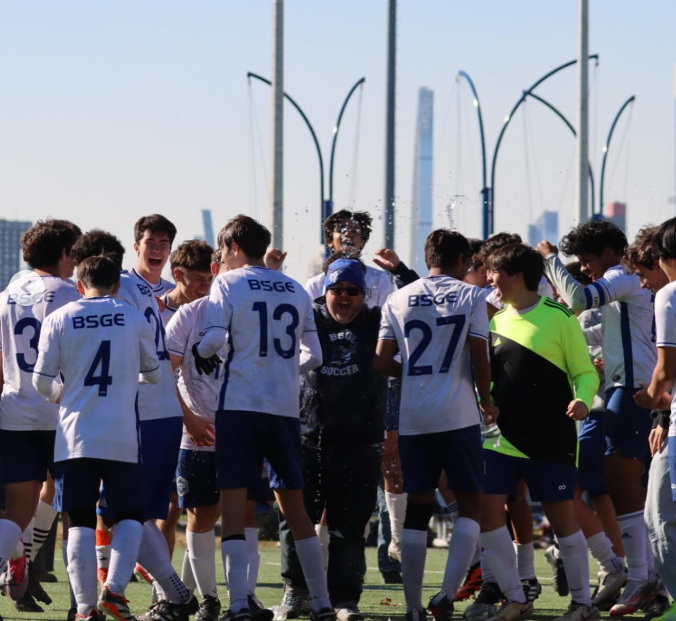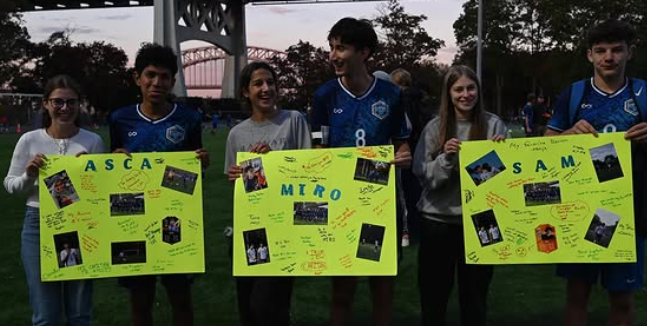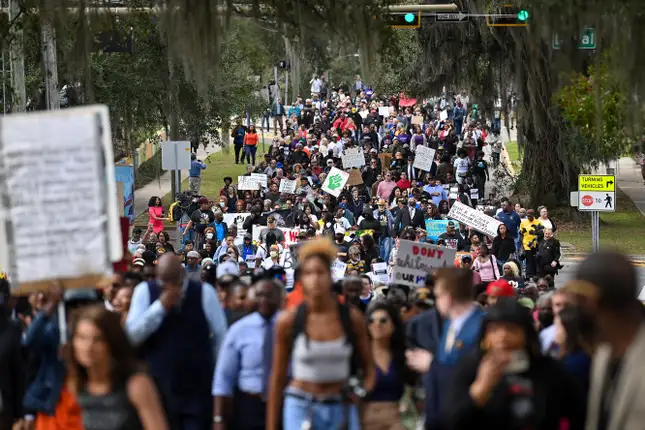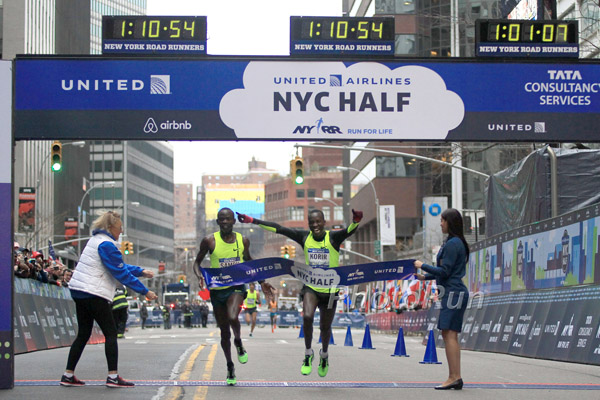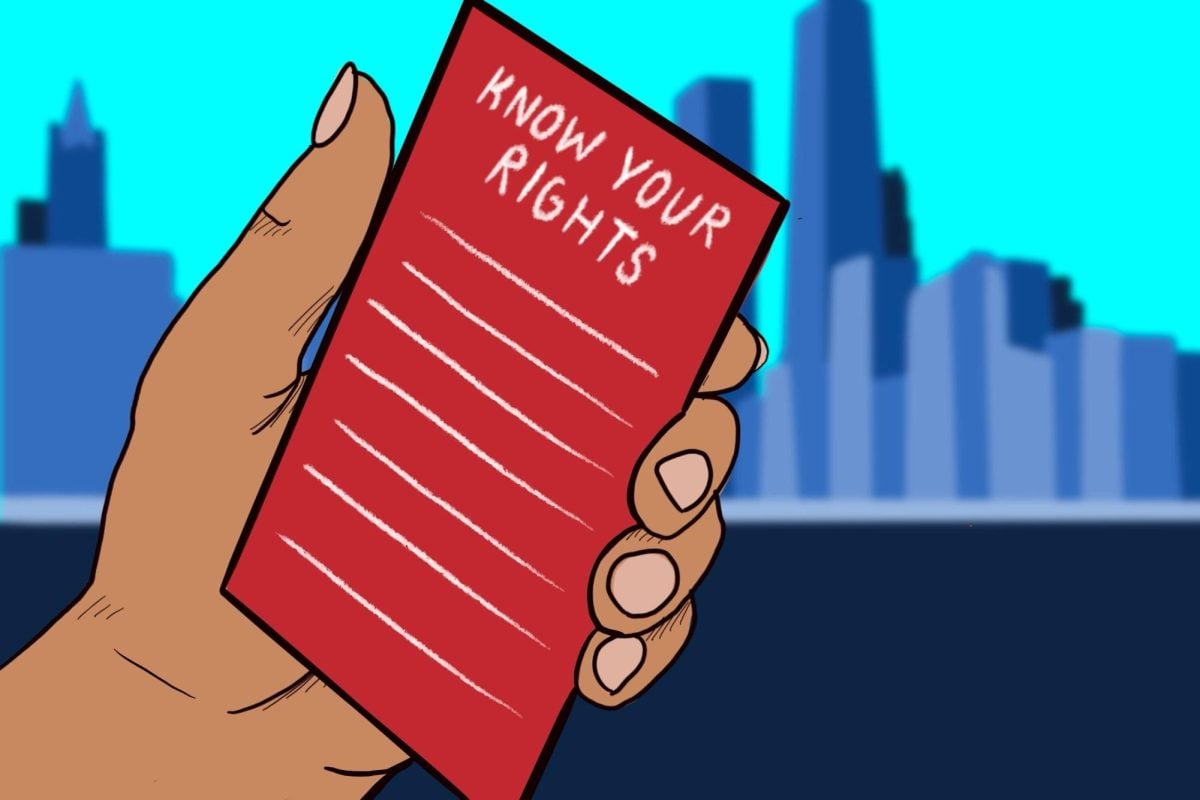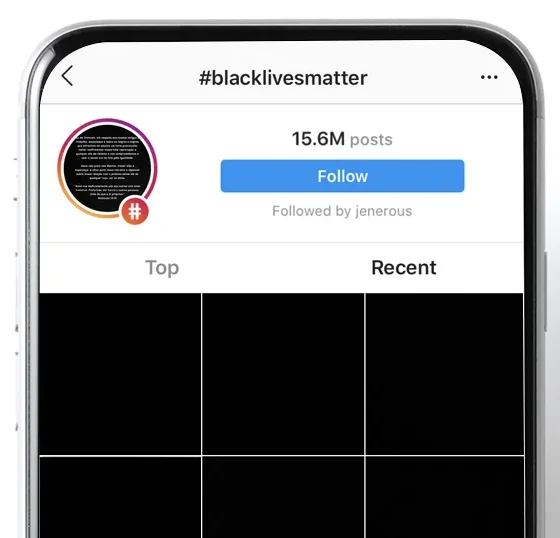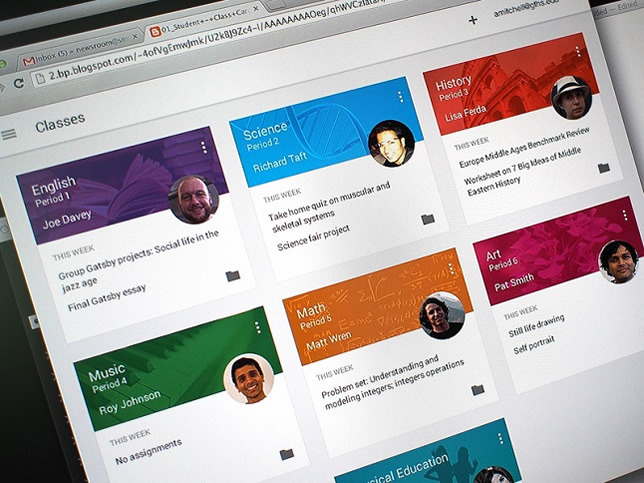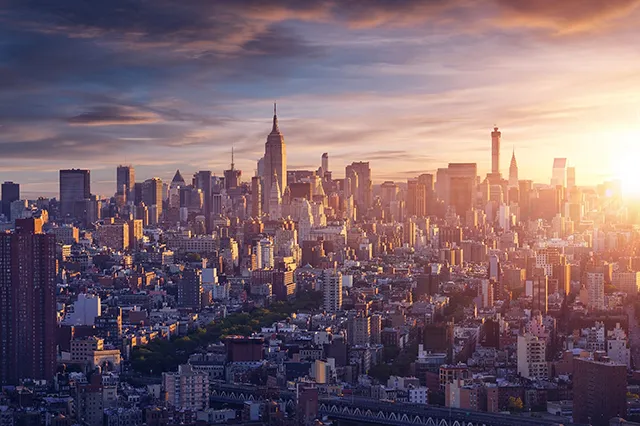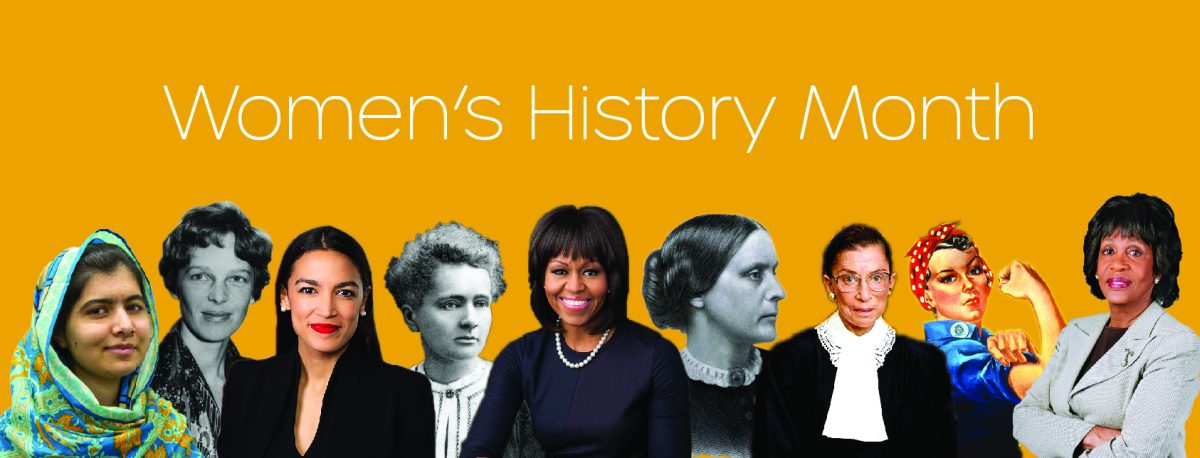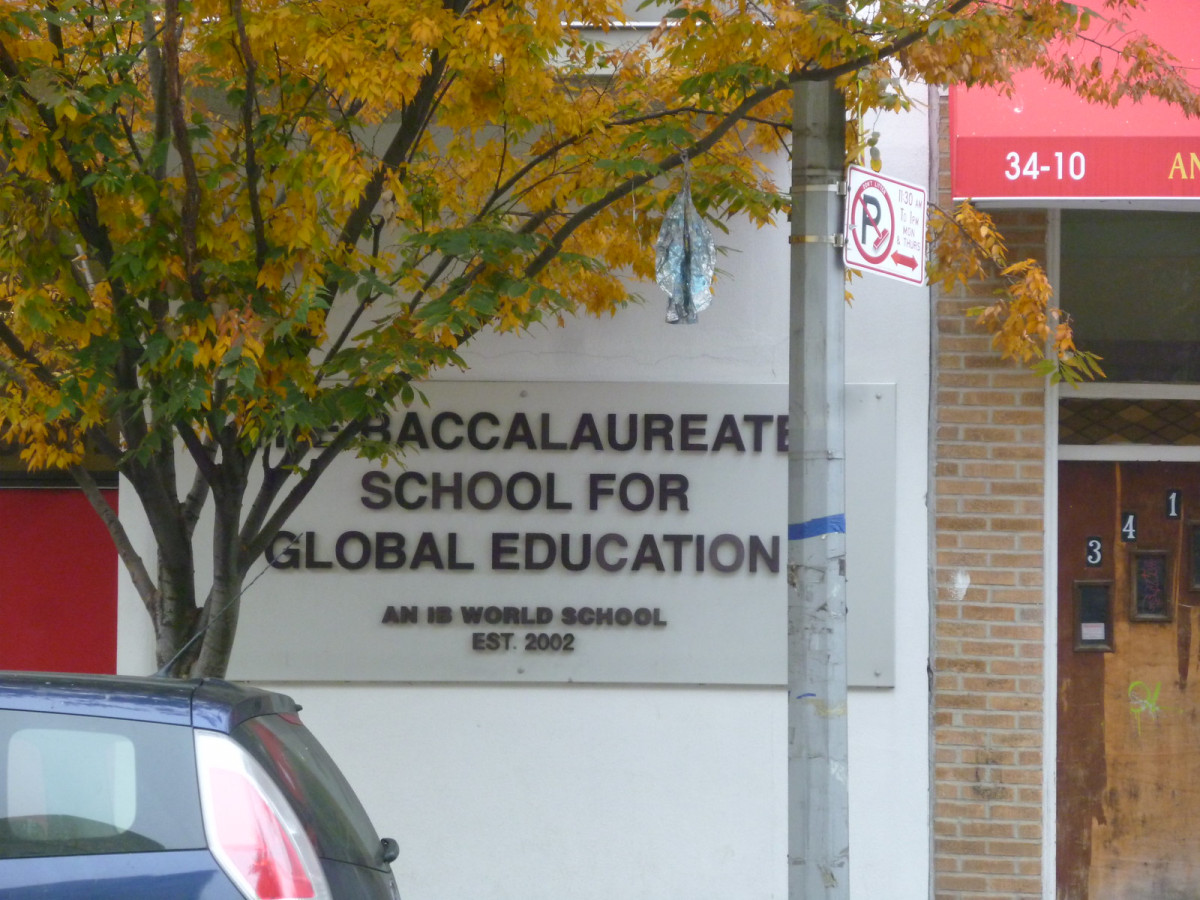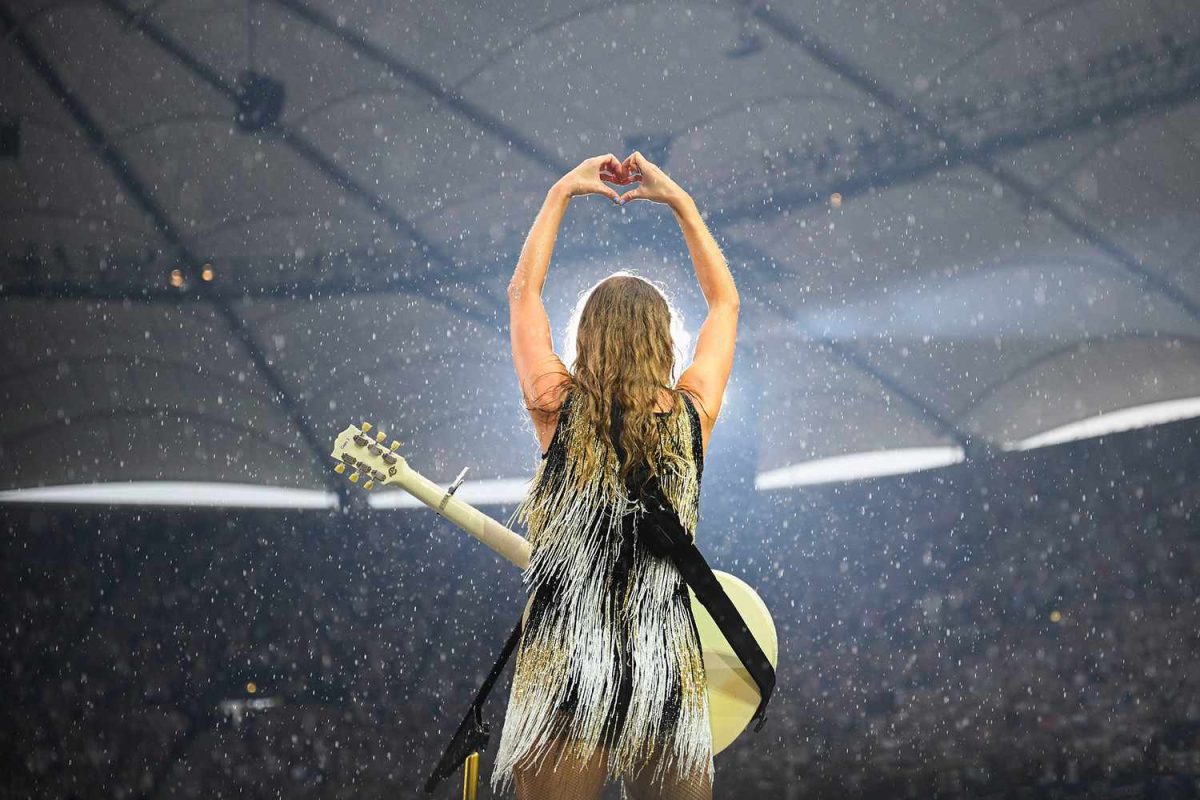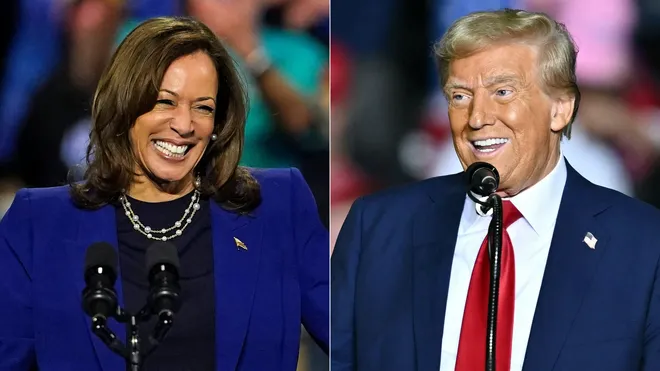News of Taylor Swift’s concert being canceled due to threats of violence against attending fans sent her community into a frenzy. While many were undoubtedly alarmed by the potential danger and loss of life, much of the public outcry also stemmed from frustration over missing the chance to see Swift perform. This raises the question: how, or perhaps why, are we becoming so indifferent to violence?
In August of 2024, three Eras Tour concerts in Vienna were canceled as CIA intelligence revealed a terrorist plot to kill spectators that were to attend Swift’s concerts. According to the BBC, the suspect, a 19-year-old, along with two accomplices, ages 17 and 18, were taken into custody after a raid of the 19-year-old’s home revealed possession of chemical substances, which presumably would have been used as weapons to inflict harm onto attendees.
This thwarted attack drew many parallels to an attack in one of Ariana Grande’s concerts back in 2017 where 22 people lost their lives. Swift had replied with great relief and sorrow in wake of her show’s planned attack, saying “thanks to [the authorities], we were grieving concerts and not lives.”
The Government’s prevention of yet another attack on unsuspecting civilian’s indicates clear intent to prevent more senseless acts of violence and fear from occuring again. However, this did not mean that fans were so quick to understand the gravity of the situation. Videos have been posted online, showcasing gatherings of fans in Vienna right after news of the Eras Tour’s cancellations broke. Fans were shown crying, huddled in close groups and singing along to her songs. Some view this as fans standing in solidarity with Swift while others view this as a severe disregard for the public safety risks that may or may not have been present at the time Swift was in Vienna.
Seeing this, we sought to ask questions here at BSGE. An interview with Amanna M., an 11th grader at BSGE, says that it’s not surprising that people were more upset about the concert being canceled than the possibility of lives being lost. She mentions how attacks and shootings in the news are so frequent that “it doesn’t shock us anymore.” This sentiment indicates how exposure to repeated acts of violence can lead to emotional detachment or even disengagement in young people.
We asked another member of our community, Beverly J., whether she believes society has become desensitized to violence. She responded in the affirmative, saying “there’s another shooting everyday and it’s treated as just another news story.” She argues the minimal impact these stories have on us, saying that “people only talk about it for a day or two before forgetting,” showing how there’s a growing sense of helplessness that many students feel when addressing systemic violence.
While the cancellation of Taylor Swift’s concerts drew massive attention and sparked emotional outpour, the reactions beg a critical question: why does entertainment take priority over safety?
According to Gun Violence Archive, there were over 600 mass shootings in the United States in 2024 alone, with many of these events affecting schools, churches/mosques, and other public spaces. Despite such staggering numbers, however, discussions of gun violence largely dissipate within a short period following a high-profile incident. This, psychologists say, comes from desensitization: the gradual numbing of emotional responses due to repeated exposure to disturbing events.
For many students, gun violence has created a sense of hopelessness and apathy. According to a 2024 pew research survey, it found that 63% of students believe that gun violence will never be fully preventable, even with stricter gun laws. Such beliefs can lead to a dangerous sense of complacency.
These conversations reveal an alarming reality; repeated gun violence has created a generation that is hyper aware of the issues at hand but are uncertain on how to confront it effectively, but it is in the community to break the cycle. While the Taylor Swift cancellation might have seemed like an helpless event, it opens the doors for deeper conversations about violence and how society responds to it. Desensitization is not inevitable; it’s a call for action.


